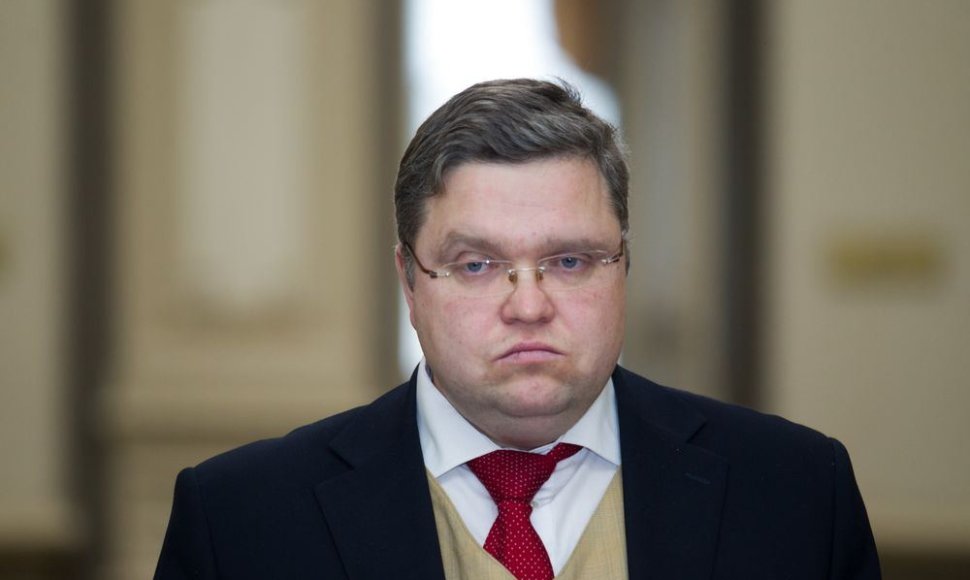“There are possibilities for new players to enter the market in the Baltic countries… For example, the assets on sale include Citadele bank in Latvia, the loan portfolio of Snoras and the subsidiaries of that bank in Lithuania. Hence there will be changes and we expect them to take place this year,” Vasiliauskas said in an interview to eversus.lt.
“I can confirm, for example, that entities from the East are also interested in Finasta. I don’t see any problems with that. The rules, which are set forth in the law on banks, are the same for everyone. We have no preferences or prejudices. The playing field is level. It would be unwise to take a different approach since today it may be Russian capital and the next day it may be based in London or Switzerland,” the central banker said.
Lithuania’s commercial bank Snoras, which went bankrupt in 2011, is currently selling its subsidiaries Finasta and Snoro Lizingas. The committee of Snoras’ creditors has already approved the sale of the leasing subsidiary, which is expected to take place in the near future. The identity of the investor has not been disclosed.
Vasiliauskas said to be unaware whether the branch of Sweden’s Handelsbanken might follow the suit of Finland’s Pohjola Bank, which had launched active operations in Lithuania.
“We haven’t yet got any information that Handelsbanken is to start working with Lithuania’s corporate customers very actively. On top of that, the bank’s management has declared in public that their main activity in Lithuania is the provision of services to the customers from the so-called home markets, i.e. Nordic countries and the UK. That is probably why we have not seen any fast expansion in the Baltic countries so far,” Vasiliauskas said.
Investitsionnyj Torgovyj Bank (Investment Trade Bank, or Investtorgbank) had been the sole Russia’s bank that had applied for the go-ahead from the central bank to open a representative office in Lithuania in two years of Vasiliauskas’ work at the Bank of Lithuania, the governor said. However, the permission had not been issued since the Russian bank had not provided the required information in full, which had led to doubts over its transparency.












